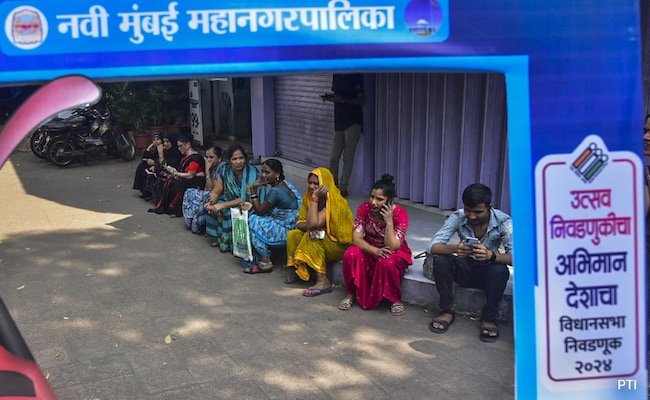
In September 2018, the Supreme Court struck down a 150-year-old statute that criminalised adultery using logic that supposed women to be the property of men. The erstwhile Section 497 of the Indian Penal Code (IPC) punished any man who had sex with a married woman without the permission of her husband. A five-judge Constitution Bench found that this colonial provision was unconstitutional, archaic, and exploitative. The judges said it was based on gender stereotypes and denied women dignity and sexual autonomy, observing correctly that the notion that the husband is the master of the wife belongs in the dustbin, not in the laws that govern the world’s largest democracy.

Five years on, however, history may be coming full circle. This newspaper reported on Wednesday that the parliamentary standing committee on home affairs — which is reviewing three recently introduced bills that seek to replace the British-era IPC, Code of Criminal Procedure (CrPC), and the Indian Evidence Act — is likely to recommend that the government reintroduce a gender-neutral version of the now-scrapped adultery law in the Bharatiya Nyaya Sanhita (BNS). The panel observed, according to people aware of the deliberations, that there was a need to safeguard the institution of marriage, which a gender-neutral adultery law could do.
This is a troubling development. If the recommendation makes it to the final report of the committee, it will suggest that in trying to stick to the letter of the 2018 judgment, the panel may have missed its spirit — towards individual autonomy, especially of women; dignity; and privacy. It doesn’t help that some of the reported deliberations in the panel mirror the arguments made by the Union government before the top court five years ago — that diluting the adultery law will impact the sanctity of marriages. These arguments, rooted in a conservative view of society, were found to be at odds with the constitutional promise of individual liberty. They are even more antiquated today.
Across the world, laws reflect social morality. But such moralities shift with the passage of time and, therefore, laws made in the Victorian age of puritanism — as the top court held in 2018 — should have no place in a modern democracy.
 Subscribe today by clicking the link and stay updated with the latest news!” Click here!
Subscribe today by clicking the link and stay updated with the latest news!” Click here!Continue reading with HT Premium Subscription
Daily E Paper I Premium Articles I Brunch E Magazine I Daily Infographics








